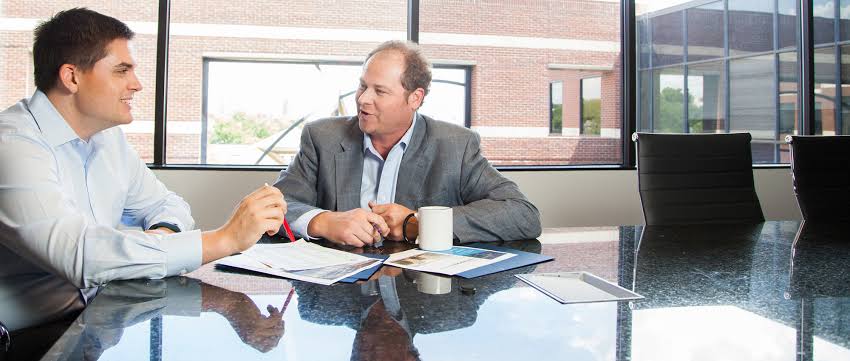Whether you’re starting your first business or you’re a long-time business owner, you can’t be expected to be an expert in commercial property law. However, the reality is that renting a commercial space to pursue your livelihood can have some tricky implications. Before signing a lease and making a long term commitment, you need to learn a bit about how to negotiate a commercial lease agreement.

Initial things to consider
The first lesson in how to negotiate a commercial lease agreement is to sit down and evaluate your business needs. Think about each of the following:
- The proper amount of square footage you will need.
- The number of employees you will be accommodating.
- The cost per square foot of space you are considering.
- The zoning laws, i.e does the law allow for your type of business to reside at the location you are considering?
- The ease with which your customers will be able to visit your site, i.e is there enough parking? Is it free or does it require payment or validation?
These very basic questions are the backbone of being able to choose the right location. Answering them is crucial to being able to find a property that truly meets your needs.
Upon finding the right location, it is important that you assemble a team to assist you in negotiating the commercial lease agreement and closing the deal with the prospective landlord. If you’re based in Sydney, we can assist you with the requirements of a commercial lease agreement NSW.
This is the time to make sure you are working with a knowledgeable commercial real estate agent and commercial property attorney. You will also need to consider if you have enough capital for the initial costs, like paying some months rent up front, or if you will need a small business loan. It will be important for you to shop around for the right type of investment funds if need be.
How to negotiate a commercial lease agreement: 10 issues to look out for
Once you have your team assembled and your location(s) chosen, it will be time to start reviewing the lease offerings. It is important that each member of your team understands how to negotiate a commercial lease agreement. Ensure they read all of the possible lease agreements fully and completely before reaching an agreement.
Everyone involved should look out for the following 10 issues:
- The cost structure of the lease payments; length of the lease and any possible rent increases.
- True square footage available to you.
- Actual zoning approval documentation.
- Cost of all utilities and the party responsible for their payment.
- Inspections allowed prior to and during the term of the lease; including which party will bear the cost of repairing or replacing items identified as not being up to legal code.
- Cost of repairs; both due to ordinary wear and tear and those of a more extensive nature.
- Property return rules; will you be required to return the premises to its original condition? This includes paint colours, removing after lease shelving or other minor property alterations and reconfiguring changes in space partitions, such as temporary walls.
- Subleasing arrangements.
- Penalty clauses.
- Options to renew.
During the course of your negotiations, it will be necessary for you to trust both your real estate agent and your attorney to work out a deal that is in your best interests. As both of these people are professionals, they are less likely to become emotionally involved in the negotiation process. Hence, listening to their advice will be paramount to the lease being in your and your business’s best interest.
You should never enter into a lease agreement from a purely emotional standpoint. However, you should also be careful not to walk away from a good deal due to momentary glitches or disagreements during the course of negotiating the commercial lease contract. In these instances, allow yourself to rely on the sound judgment of those professionals you have surrounded yourself with.
Finally, every lease should clearly define the available options to opt-out of the lease at various times during the course of the lease, such as at renewal time. The lease terms should also define the opt-out parameters in the event that your business has to close before the lease is up. While no one wants to plan for failure, it is important that the terms of early termination of lease be well defined and understood by all parties.
And lastly, be sure to read and carefully review the clauses pertaining to the handling of legal disagreements between the landlord and the tenant. These clauses can also be negotiated with regard to:
- Payment of legal fees;
- The use of mediation to initially settle legal differences;
- Abolishing the legal right to sue the landlord or the tenant in favour of using binding arbitration.
Now you know the basics of how to negotiate a commercial lease agreement. If you find yourself in need of assistance with this or any other legal issue, please contact the law offices of Owen Hodge Lawyers. We have some of the best contract lawyers Sydney has to offer, and at Owen Hodge, we are always happy to assist clients in understanding the full ramifications of any and all of your legal needs. Please feel free to call us at your earliest convenience to schedule a consultation at 1800 770 780.
